Public transportation is often referred to as the best answer to several issues, including pollution, fuel consumption, and time management. Buses, trains, and underground rail systems are the most widely used forms of public transportation. However, the least expensive option for governments to install and maintain is buses. Undoubtedly, they are easily available to use and reasonably priced. But simultaneously, it appears that transportation apps such as on-demand bus and taxi booking apps by on demand app development company in the USA have added more to these realities.
Traditional Bus Transport Model
In the early half of the 20th century, buses were introduced as the primary mode of mass transit. Its efficiency was determined by how promptly the service was provided. Buses would follow a set route and make regular stops and station arrivals. You must arrive on time if you plan to utilize one because otherwise, the buses could depart with no passengers.
Why take the chance of changing the performance matrix?
The timeliness was the only consideration and it hasn’t changed at all. Although they have included a few other elements in their matrix, such as operational costs and carbon impact, the bus system’s timeliness still plays a significant role.
Buses are thus anticipated to arrive and terminate on time. Here, the basic law of supply and demand in economics won’t be used. Therefore, during peak or rush hours, buses would get overloaded and carry more people than they were designed to. It would appear to be quite effective.
However, during off-peak times and on holidays, it will operate with a very little passenger load. They could not even be operating at half-capacity. As a result, peak hours will operate with less efficiency. Sometimes there will be only one passenger at a halt when two buses suddenly emerge. Therefore, it follows that the existing bus network infrastructure is not suitable, as on demand bus booking apps have repeatedly shown.
What does the survey by the National Transit Database have to say?
Every form of transportation operates differently in terms of what it gives, uses, and funds through bus booking app development. The operational environment of various places affects the service costs and other elements. The National Transit Database (NTD) is maintained and updated by the Federal Transit Administration (FTA). Its statistics demonstrate that:
- Ferries have the highest average operating cost per Vehicle Revenue Hour (VRH) at $1,559.23. The UPT (Unlinked Passenger Trips) it offers per VRH, however, is 170.3. As a result, the total cost per passenger is only $9.16.
- In contrast, on-demand transportation options including on-demand taxi services (DT) and other demand responses (DR) are significantly less expensive, costing just $57.25 and $83.92 VRH, respectively. Because of its limited utilization, UPT is comparatively greater, but it might decrease as usage increases.
However, the bus service statistics are rather depressing:
- Due to the obvious antiquated service paradigm, the empty buses continue to run.
- The typical urban transit bus can hold 39 passengers, yet it only carries 11 people every trip.
- Due to packed routes, an average city bus requires 20 percent more energy per passenger than a vehicle and uses as much energy per passenger as an SUV.
How can On-demand Bus Booking App help the transport sector?
The statistics for on-demand transportation services, such as on-demand bus and taxi booking apps, are fairly positive. According to research by a bus booking app development company in Boston, the cost-effectiveness of on-demand transportation services will increase as their use increases.
It is undeniable that more and more individuals are becoming accustomed to on-demand transportation services given the popularity of Uber-like on-demand taxi booking apps. Everyone will benefit if on demand bus booking apps are used inside a transportation system.
However, you must note that the present fixed-route and fixed-time transportation systems are not intended to be replaced. It is intended to go along with it. If an on-demand bus reservation system is implemented with the assistance of on-demand app development company in the USA, it can help in the following ways:
- Neither overly full nor empty buses will be present. People will be able to reserve seats in advance, and buses will be sent out in accordance with their requests.
- Where fewer users are willing in transit, smaller buses can be employed, whereas larger buses can be used on popular routes.
- Passengers will get a tailored user experience; it will be the best use case. They will be able to request bus reservations from a chosen place to the desired location.
- It will be quite convenient for passengers to plan their travel. It will be both time and money efficient.
- People will utilize public transportation in rural regions and in locations that are not serviced by the current system or routes. So, public transportation will become more widely used and profitable.
- Live feedback and real-time GPS monitoring of the bus will aid the system as a whole.
- As there won’t be any vacant buses, the company’s operating costs will go down. Further, the bus companies will be able to make the most use of their fleet.
Wrapping Up!
More and more services are now accessible through cell phones as the globe becomes more mobile. Due to it, the popularity of bus booking app development is also rising. You can easily experience these changes if you operate a fleet of buses or work in the public transportation system. The moment is now to put your ideas into action and enter the world of on-demand services!

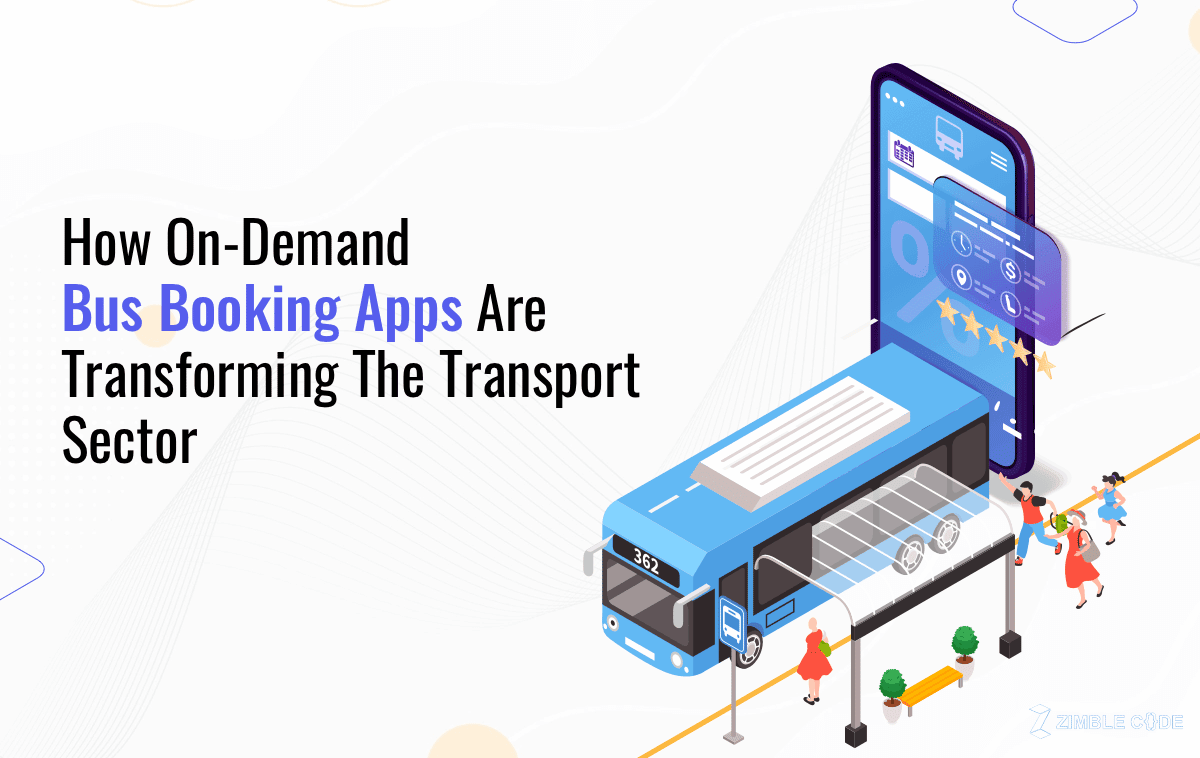
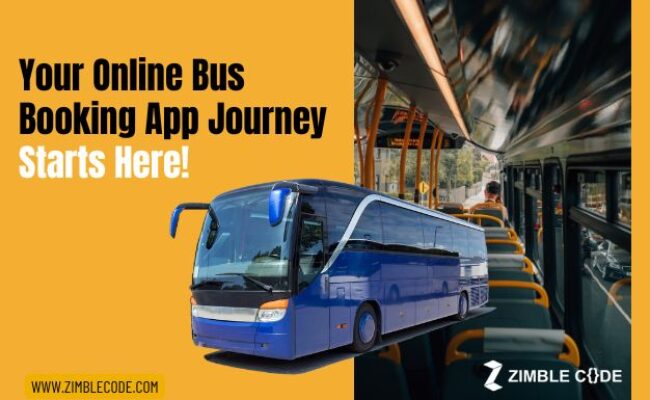
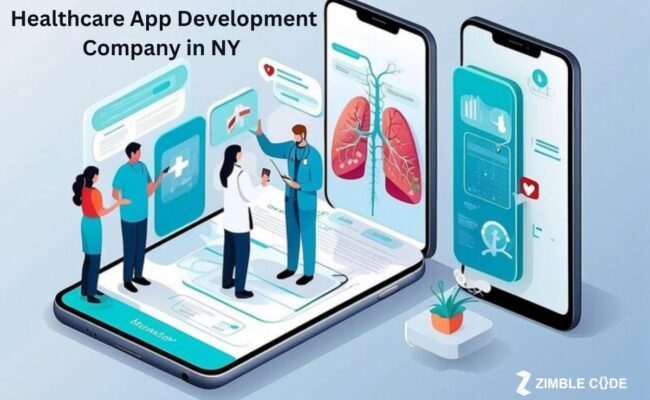
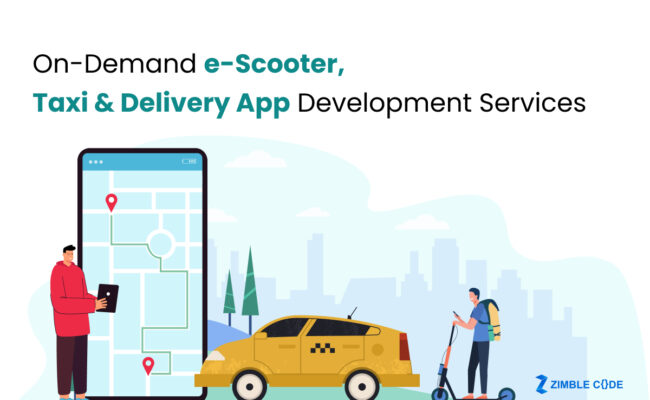

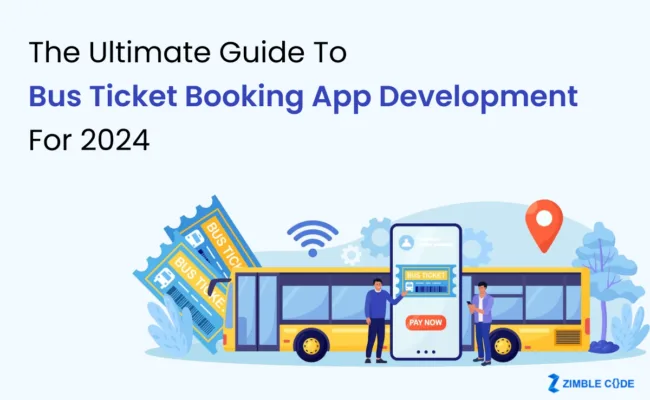

Leave A Comment